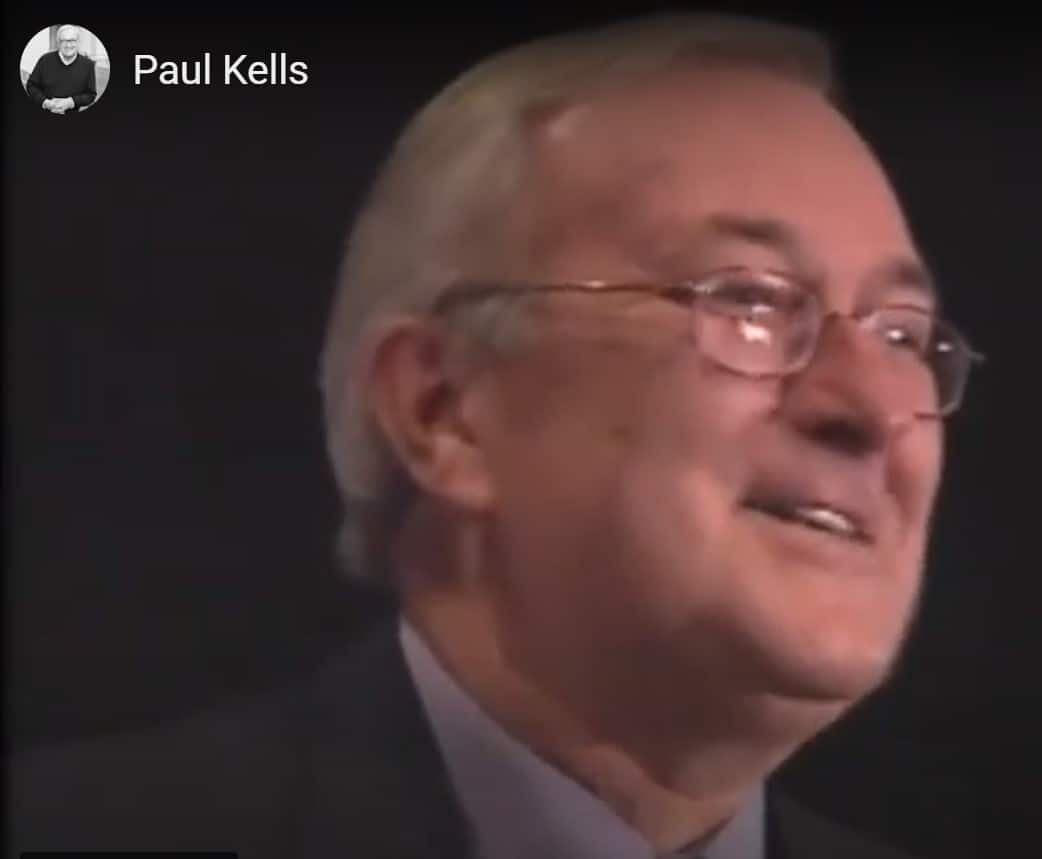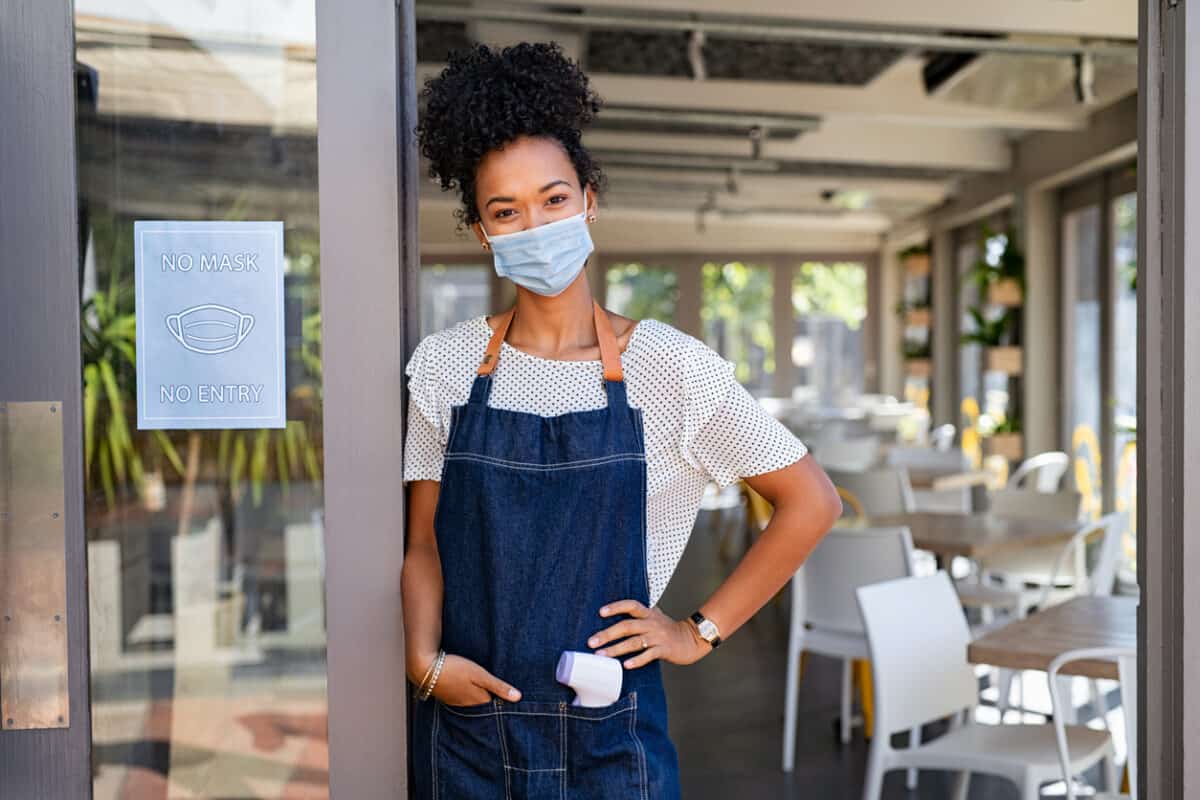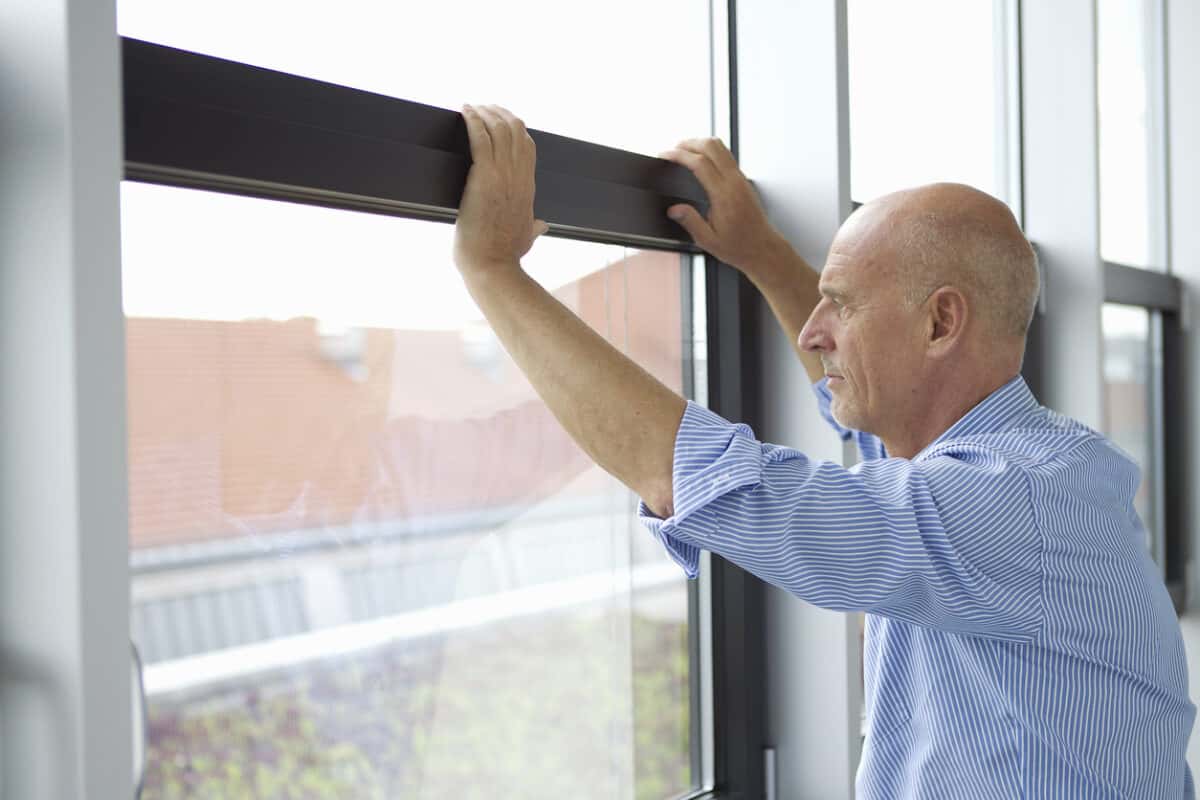Recently Paul Kells passed away. Paul had a major influence on workplace health and safety awareness and promotion around the world. He was the founder of the Safe Communities Foundation in Canada. I was able to interview Paul prior to his attendance at a Symposium on the “Global Perspectives on Effective Workplace Safety Strategies” in Melbourne, Australia on the 15th and 16th of March 2000.
The full interview from the SafetyAtWork magazine is reproduced below and on open access. I think this interview and the Youtube video insert below gives a good indication of Paul’s passion and pain and our loss. (Paul’s memorial service will be on October 8)
SAW: How did the Safe Communities Foundation start and where is it at?
PAUL: My son was 19 years old and he was killed in an accident in a small warehouse in a suburb of Toronto. In this little shop, it was a small business with only 4 or 5 people there. He got the job through a friend whose father ran the business. It was the second or third day on the job and he was asked to go back and decant some fluid from a large drum to some small vessels.
Continue reading “2000 Interview with Paul Kells”






